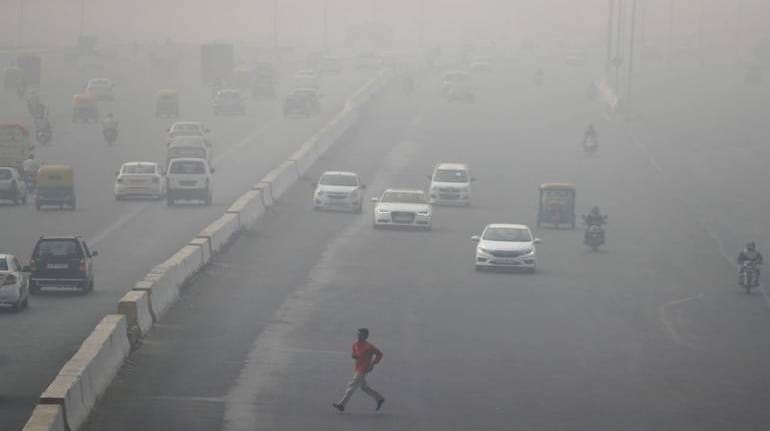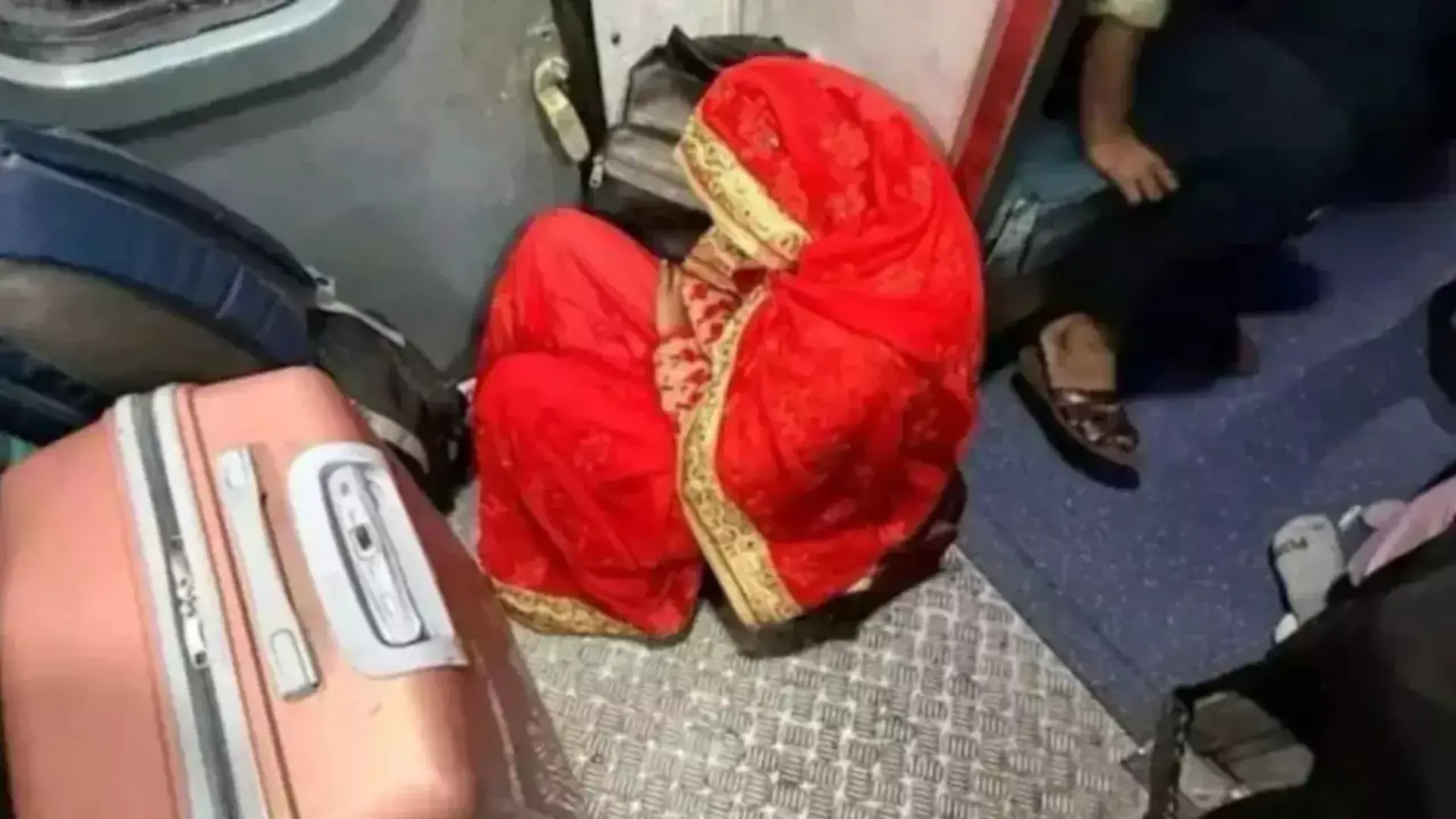
The Air Quality Index (AQI) in Delhi and its surrounding areas witnessed a further increase overnight, reaching 365 at 9 am on Tuesday, as reported by the Central Pollution Control Board.
On Monday at 4 pm, the city’s AQI was recorded at 348, showing a deterioration from 301 on Sunday. The 24-hour average AQI, measured daily at 4 pm, was 319 on Saturday, 405 on Friday, and 419 on Thursday.
Neighboring areas such as Ghaziabad (340), Gurugram (324), Greater Noida (306), Noida (338), and Faridabad (336) also experienced ‘poor’ air quality.
The AQI scale categorizes air quality from zero to 50 as ‘good,’ 51 to 100 as ‘satisfactory,’ 101 to 200 as ‘moderate,’ 201 to 300 as ‘poor,’ 301 to 400 as ‘very poor,’ 401 to 450 as ‘severe,’ and above 450 as ‘severe plus.’
The Centre, acknowledging a decline in pollution levels due to favorable wind speed and direction, lifted stringent restrictions on Saturday, including the ban on construction work for linear projects and the entry of polluting trucks into Delhi.
These measures marked the final stage (Stage IV) of the Graded Response Action Plan (GRAP), the Centre’s air pollution control plan. The Commission for Air Quality Management (CAQM) in the National Capital Region and Adjoining Area, responsible for pollution control strategies, directed Delhi and NCR states to revoke emergency measures.
Under Stage IV, only CNG, electric, and BS VI-compliant vehicles from other states engaged in essential services were permitted to enter Delhi. Medium- and heavy-goods vehicles not involved in essential services were prohibited.
The CAQM order specified the continuation of other restrictions under stages I, II, and III of GRAP, including a ban on non-essential construction work, mining, stone crushers, and diesel generators.















